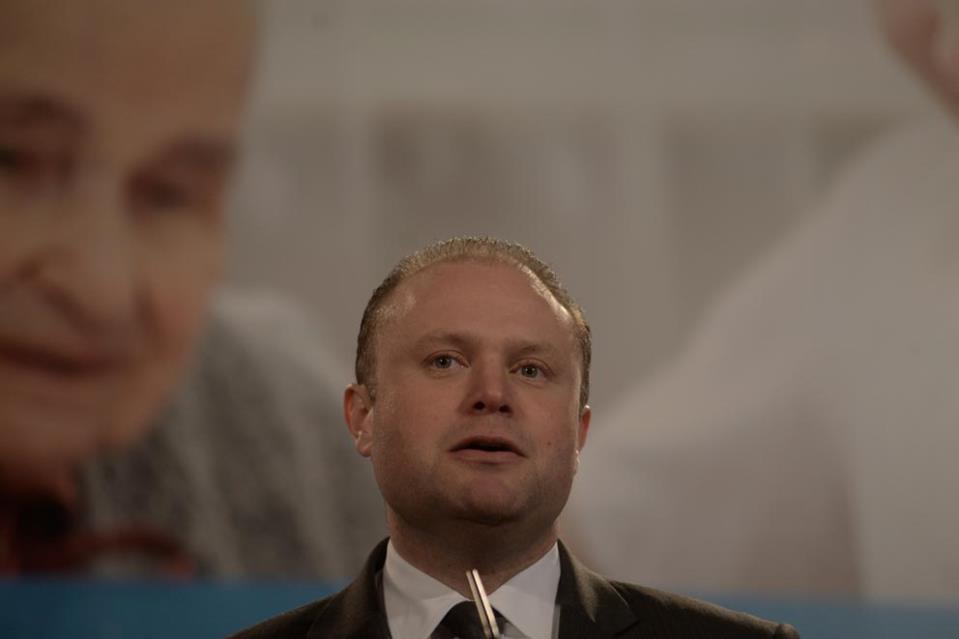An admission that the residency requirement established in Malta’s citizenship scheme does not actually translate into effective residency has come from no less than the head of the agency responsible for monitoring the programme, Identity Malta.
In a feature on Henley & Partners chairman Christian Kalin, Bloomberg notes that the residency requirement introduced after the Individual Investor Programme was modified was vague even according to Identity Malta CEO Jonathan Cardona.
“It doesn’t say physical residency… we expect an individual to be in Malta for a number of days; we don’t go into the specific number. If you’re asking me, are these people going to move here entirely, I would say, listen, let’s not fool ourselves,” Mr Cardona was quoted as saying.

Those who have fooled themselves, however, apparently include Prime Minister Joseph Muscat, who has repeatedly insisted that the IIP is not about the vulgar sale of passports for cash, but about attracting “talent” to the country.
“Malta wants your talent, not your money. Your networks, not your accounts. This is because we are about the future, not the past. Those who apply, endure the tight due diligence and scrutiny, and get selected to join the exclusive and limited pool of Maltese citizens, will be part of our future,” Dr Muscat had said at a Henley & Partners seminar on citizenship in New York.
Of course, the more cynical – and arguably accurate – reading is that Dr Muscat and his government are well aware of the fact that the residency requirements that were introduced were vague to the point of being practically non-existent.
But if that is the case, the government may not have fooled only the Maltese public on what the IIP actually entails; it may have also fooled the European Commission.

The European Commission had been contemplating infringement proceedings against Malta before it was satisfied that applicants would have to be effective residents of Malta to acquire citizenship.
Its objections paved the way for an amendment which ensured that applicants would have to be residents for one year before obtaining citizenship.
However, what residency actually entailed – and even how applicants obtained residency in the first place – was left undefined. However, it had been reported that it meant spending at least 183 days in a year, based on international tax law principles which state that individuals who spend six months a year in a particular country are considered to be residents of that country for tax purposes.
But these reports have been effectively contradicted by Mr Cardona, whose statement makes him appear to be almost bragging that the regulations did not mention a specific number of days.
There were other indications that this would be the case. Last December, The Malta Independent on Sunday had reported that a Henley Estates agent had told a Maltese woman seeking to rent a property to an IIP applicant that the occupant would only use the property “for a couple of weekends a year”.
Ultimately, however, Dr Muscat’s claim that the scheme was implemented to attract talent to the island is sounding increasingly hollow. Unless, of course, the Prime Minister was using the biblical definition of the word, which referred to a unit of currency.